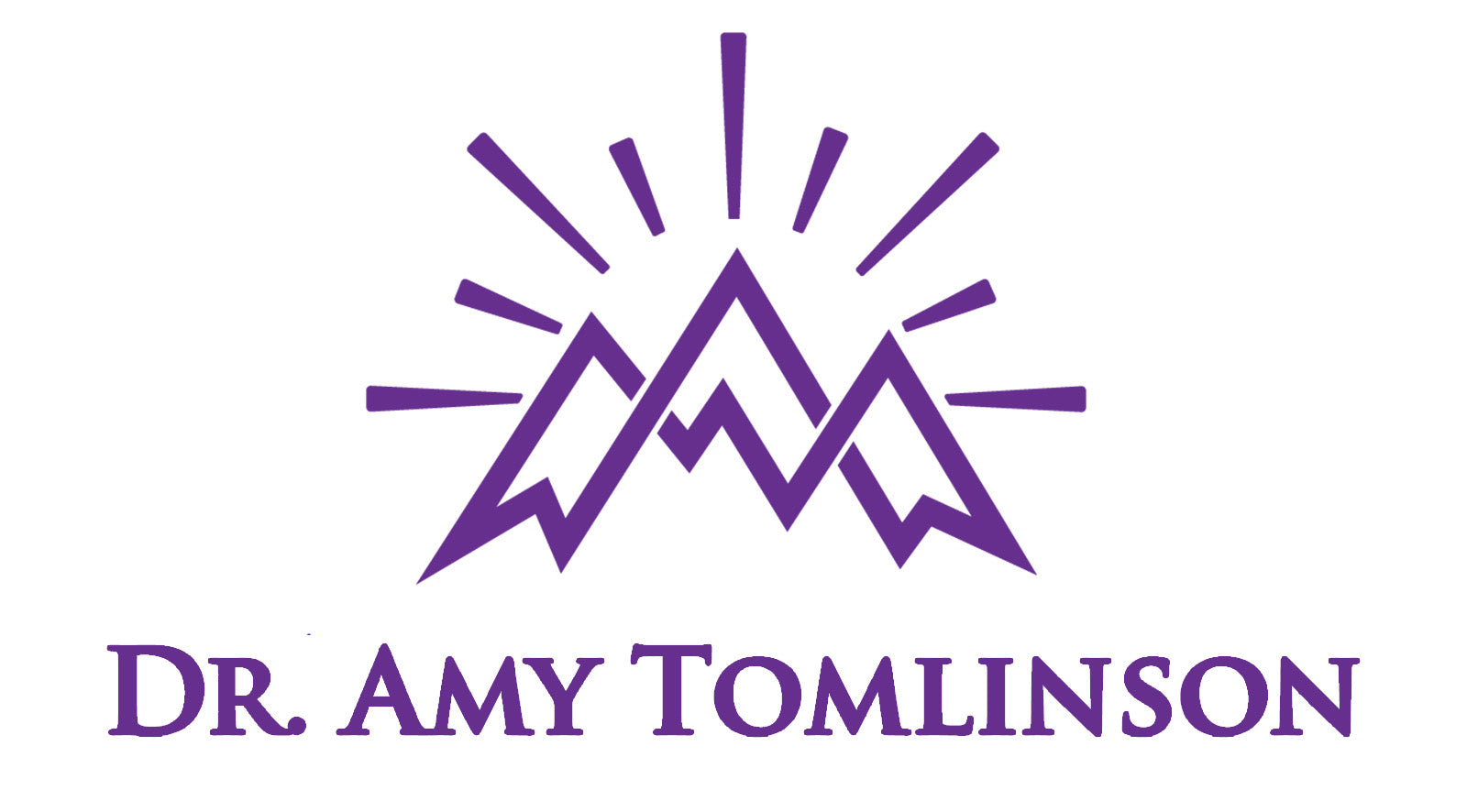
1. Menstrual Health: Be detailed about your menstrual cycle. Discuss any irregularities, changes in flow, or unusual symptoms you may be experiencing. This information helps your gynecologist assess your reproductive health.
2. Birth Control Options: If you're using contraceptives or considering them, discuss your options. Your gynecologist can provide insights into various birth control methods, helping you choose the one that aligns with your lifestyle and health goals.
3. Sexual Health and STIs: An open conversation about sexual health is vital. Discuss any concerns, symptoms, or questions you have regarding sexually transmitted infections (STIs). Regular testing is a crucial aspect of preventive care.
4. Fertility and Family Planning: Whether you're planning to conceive or not, it's essential to discuss fertility and family planning. Your gynecologist can provide valuable insights into optimizing fertility or offer guidance on contraception.
5. Menopause and Aging: As you age, your body undergoes changes. Discuss menopause symptoms, hormonal shifts, and any concerns related to aging. Your gynecologist can help manage symptoms and ensure a smoother transition.
6. Pelvic Pain or Discomfort: Don't dismiss pelvic pain or discomfort. These symptoms could indicate various gynecological conditions. Provide details about the location, duration, and intensity of the pain to help your gynecologist make an accurate diagnosis.
7. Mental Health and Wellbeing: Your mental health is interconnected with your reproductive health. Discuss any emotional or psychological concerns you may have. Gynecologists can offer support and may recommend resources for mental health care.
Dr. Amy Tomlinson is your partner in Gynecology and Bioidential Hormone Solutions. By openly discussing these seven crucial aspects, you empower yourself to make informed decisions and ensure comprehensive care.
Schedule Your Appointment
















